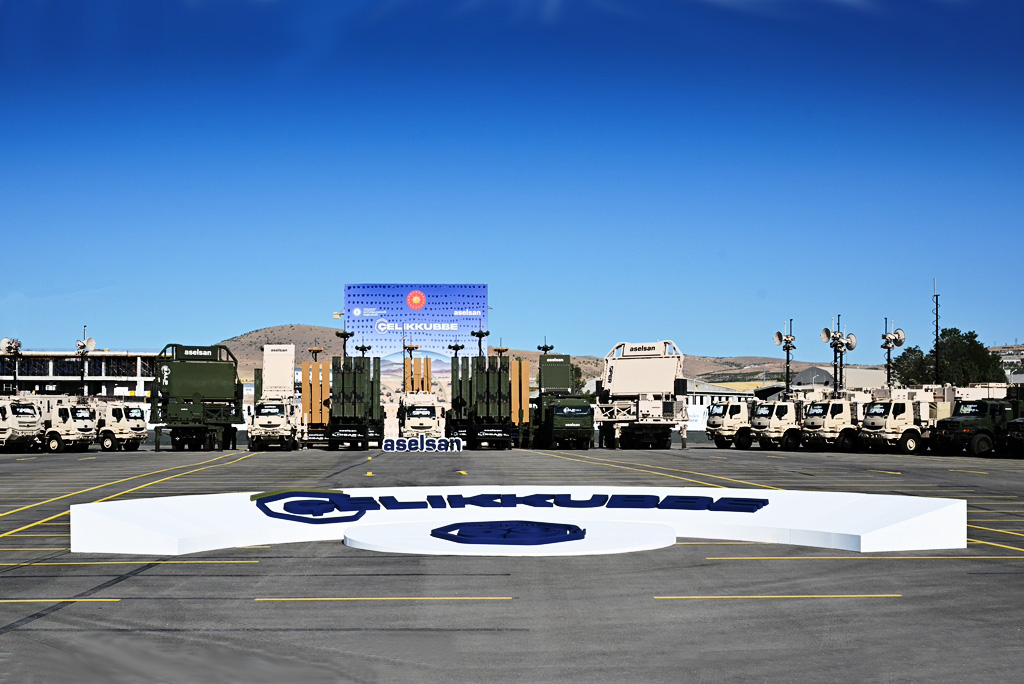National Guard Mobilization: An Executive Directive
Overview of Executive Order
On Monday, President Trump issued an executive order that mandates state National Guard units to be prepared to support various levels of law enforcement—local, state, and federal. This directive signals a potential shift in the utilization of military personnel for domestic law enforcement functions.
The order instructs Defense Secretary Pete Hegseth to ensure that National Guard troops in all states are appropriately equipped, trained, and organized to assist in addressing civil unrest and to bolster public safety. Furthermore, it requires the establishment of a rapid deployment force within the National Guard available for nationwide action.
Assisting Local Law Enforcement
The Executive Order emphasizes:
- Rapid Mobilization: Hegseth is tasked with coordinating with state adjutant generals to identify how many Guard members can be swiftly mobilized for law enforcement assistance.
- State Control: Typically, National Guard units are under the command of the state governor, except during declared emergencies.
In remarks made from the Oval Office, President Trump commented that deploying the Guard could effectively “solve” crimes in significant urban areas. However, he expressed uncertainty regarding overriding governors’ preferences on deploying troops in their jurisdictions.
Recent Deployments
Earlier this month, President Trump activated the D.C. National Guard to assist in maintaining order in the District, a move permissible due to D.C.’s unique status as a federal territory. This call to action has also seen Guard contingents from six Republican-led states, including West Virginia and Louisiana, deployed in Washington, D.C.
This action has drawn criticism from advocacy groups such as Free DC, which characterized the sweeping measures as authoritarian, warning that they undermine democratic principles.
Expansion to Other Cities
Following the deployment to D.C., President Trump suggested that cities like Chicago could be next. He urged governors, particularly Democratic leaders like Illinois’ J.B. Pritzker, to formally request National Guard aid. However, he also indicated hesitation to send troops at the governors’ discretion if they do not welcome such assistance.
When questioned about potential deployments against governors’ wishes, Trump noted the risk of being perceived as overreaching, stating:
“We may wait… We may just go in and do it, which is probably what we should do.”
Pritzker has publicly rejected the idea of allowing federal troops in Chicago, asserting that America does not permit “wannabe dictators” to dictate state actions.
Legal and Democratic Implications
The potential use of the National Guard for law enforcement raises significant legal considerations. The Posse Comitatus Act of 1878 generally prohibits federal military forces from engaging in domestic policing, underscoring the rarity of such actions in American governance.
President Trump responded to criticisms of his military deployments, asserting that public sentiment largely supports stringent measures to address rising urban crime. He stated:
“A lot of people are saying, ‘Maybe we like a dictator.’ I don’t like a dictator. I’m not a dictator.”
His rhetoric points to a divide between the federal administration’s approach to law enforcement and state governance, illustrating ongoing tensions regarding states’ rights and federal authority.
Historical Context
Trump’s recent activation of the California National Guard earlier in the summer, aimed at curbing protests over immigration enforcement, further illustrates a trend of escalating federal involvement in local law matters. Governor Gavin Newsom has since challenged Trump’s authority in court, highlighting the contentious legal landscape.
Conclusion
As the National Guard’s role in law enforcement seems poised for expansion under presidential directive, defense professionals must scrutinize the implications of these developments on both legal frameworks and democratic institutions. Balancing public safety with the sanctity of state sovereignty remains a critical challenge moving forward.





